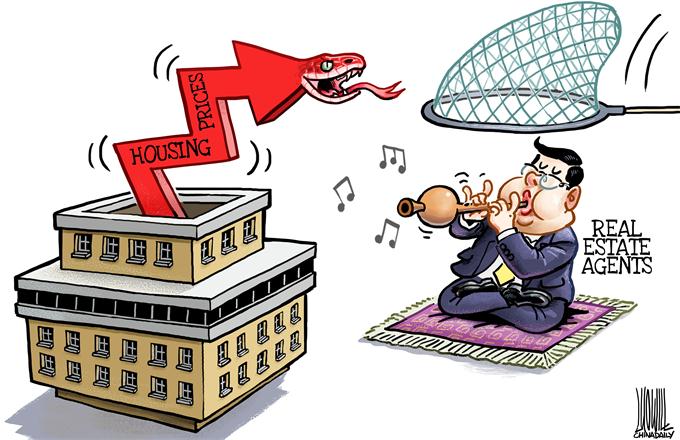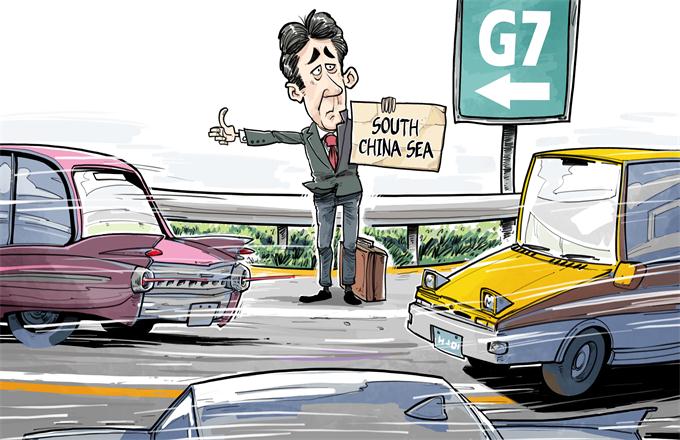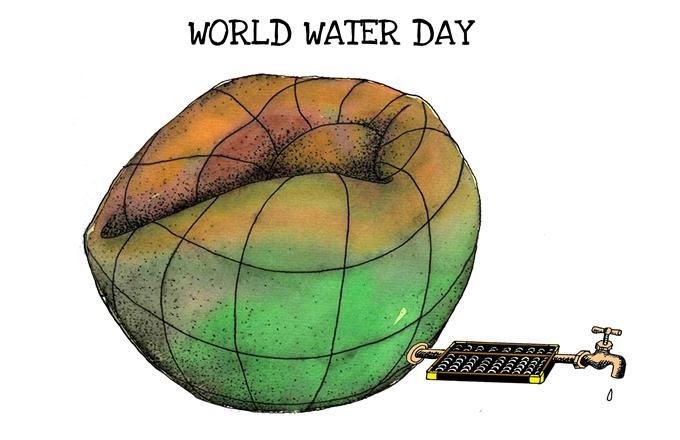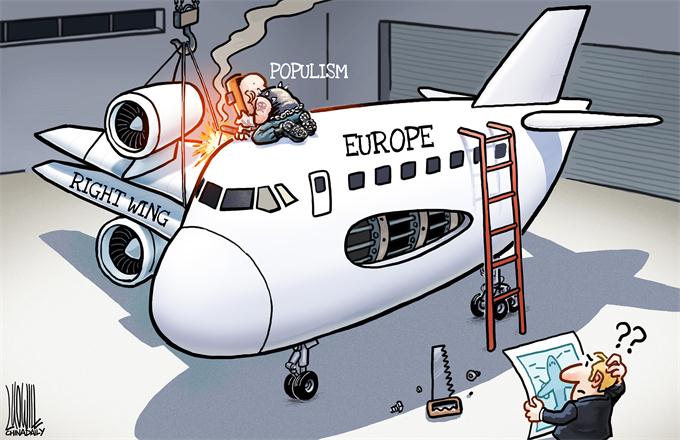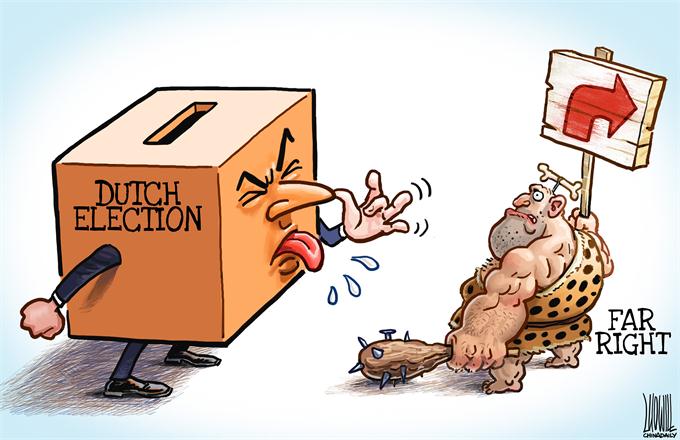The Alliance between Tanzania's CCM and China's CPC
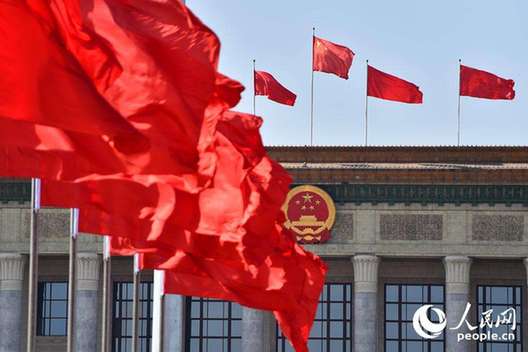
All eyes and ears last weekend were focused on Tanzania’s new capital, Dodoma, where a Congress of the ruling Party Chama cha Mapinduzi (CCM) was in motion. It was an important meeting where major reforms were instituted related to the Constitution of the Party an enhancing the integrity of the Party’s members and leaders.
Of immense interest was the Party’s recognition of its historic relationship and alliance with two political parties, one inside Africa and one outside Africa; that is, the African National Congress (ANC) and the Communist Party of China (CPC), respectively.
A paradigm was made in terms of organizational structures, which the Tanzanians ruling party has seen the need to emulate, especially in terms of having the right number of people in the right places, and especially in terms of enhancing the personal integrity of the Party’s leadership.
Using the example of China, the most populous country in the world with a population of over a billion people, its unified political party is now 95 years old and has a membership of 88.7 million. But it has only about 2,200 members of its Congress or national conference, and only 205 members of its Central Committee and only 25 members of its Political Bureau. The ANC has only 6,000 National Congress members, and only 205 members on its National Executive Committee (NEC) and only 25 members on its Central Committee.
Toward this end, the National Congress of CCM has also moved to cut down the number of both its decision making organs, the NEC and the Central Committee, which is in accordance with its new Constitutional amendment.
Other reforms of Tanzania's ruling party forbid members from holding more than one leadership position. Before this reform, party members were free to hold as many posts as possible, both in the party and in the government, prompting this Columnist to engage a chapter in “CCM and the Destiny of our Country,” (CCM NA MUSTAKABALI WA NCHI YETU) published in 2007 “Why this trend?” is a question that comes to mind, or do these aspiring leaders want their name to read something like: Hon Minister Takadiri, MP, MNEC – with multiple titles all heaped on one person’s name?”
In a nutshell, these are some of the reforms announced this week at the conclusion of the CCM Party Congress.
But as enticed before, what struck most political observers was the public singling out of China’s ruling Party as an ally of Tanzania’s ruling party, and indeed since Mwalimu Julius Nyerere ruled the country, Tanzania’s ruling party has been a very close ally and admirer of Chinese Leader Mao Zedong, a founding member of China’s Party.
As I am writing, I am reliably informed that a delegation of the CPC is on the way to this country and is expected to fly in on Tuesday next week at the invitation of Chama cha Mapinduzi.
It will be led by Comrade Guo Jinlong, Beijing’s Communist Party Secretary and a member of the Political Bureau of the CPC Central Committee.
Now, let us make a paradigm between the two allied political parties, Tanzania’s CCM and China’s CPC.
It is a fact that China is moving forward as a peaceful country and is already a global social-economic power. The Chinese people, under the Communist Party, are steadily moving in one direction, unlike us in Tanzania – rowing in a western style multi-party order. Are we sure of continued peace and stability in a multi-party order?
One can say with certainty that stability in this country is first and foremost rooted in socialist ideology, which is geared toward tending for the greater majority of our population and ensuring that our leaders do not wear public faces along with private ones.
But most importantly, we were rooted in a one party-state. Single party rule has reaffirmed more deeply our national unity, because we were not rowing in different directions, as is the case today in multi-partyism.
But because we swallowed the West’s hook, bait, and sinker in favor of privatization, allowing ourselves to be de-industrialized with the loss of state-owned industries and factories, a situation arose when there were no more jobs for our people and the gap between the haves and have-nots escalated by the day.
This is the situation facing this country today as we play around with what is being sung loudly as “democracy”. Is democracy important if one’s stomach is empty?
This is what our Chinese friends have refused to buy into, that is, letting the majority of the people go hungry or risking national unity and cohesiveness just to have many parties in the name of “democracy!”




